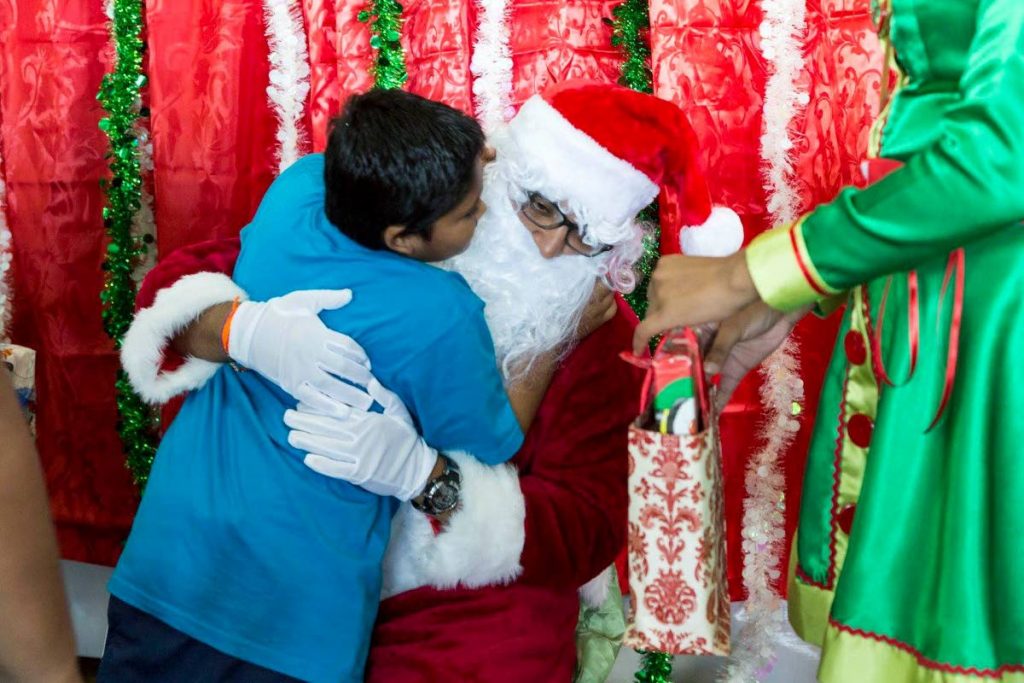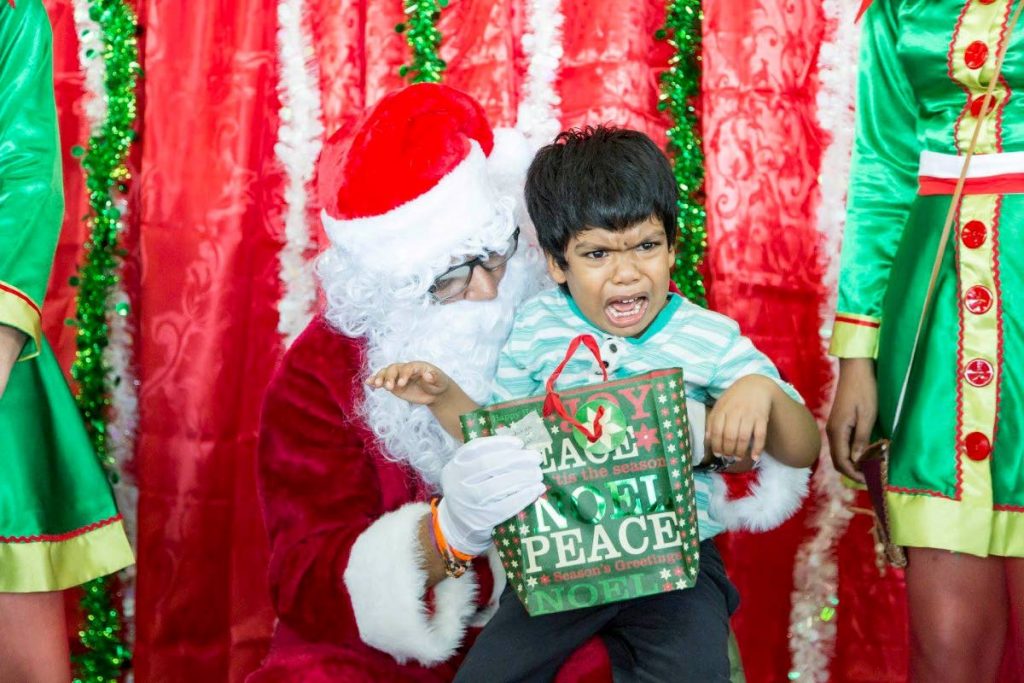Special needs and Christmas holidays

DR RADICA MAHASE
IT is eight days until Christmas Day and Natalie is dreading it. She is the mother of nine-year-old Christopher who was diagnosed with autism a few years ago. The holidays are usually a rough time for Natalie and Christopher. Christopher currently attends a school, three days a week, for the morning period. This works really well for Natalie as once she drops him off she gets some time for herself until she picks him up again. The little time that she has on mornings really help her to get through the week as she is able to self care in whatever little way – a short walk, yoga, and a cup of tea – the little things that help her maintain a strong and peaceful mind in the midst of taking care of a child with special needs.

Holiday time means that Christopher is at home and his routine changes. He gets upset when he cannot go to school and the lack of intellectual stimulation from school activities changes his behaviour. Christopher becomes bored and agitated. What makes it even worse is the fact that there are not much places they can take Christopher. They tend to stay away from family limes because the noise annoys him and he is uncomfortable. They don’t go to the malls because of the bright lights. Most of the time they end up in the play parks and they try to take him to the beach at least a couple of times. Natalie thinks that if there were more places for him to visit and more things for him to do then the holidays won’t be so bad for him and the entire family.
Natalie is not the only mother of a child with special needs who don’t like holidays. Generally, holidays are difficult times because there are too many changes taking place. As mentioned earlier, the malls are noisy and crowded; in fact just getting to the malls is a nightmare where parking is concerned. Holidays are time for family but many parents of children with special needs chose not to visit relatives’ homes because the entire environment is not very accommodating of their child’s needs. Christmas, like most other celebrations in TT, is all about liming, eating and music. When we apply this to those with autism and special needs it might not always be the best situation for them. The little things we do can make it better though:
Liming – This often translates into music which means noise and many kids with special needs cannot handle the noise. If your child is like Christopher and cannot deal with the noise, then you are limited with liming with relatives and friends. However, allocating a quiet room for the child can go a long way to making the lime a good one. That way the child has a space where s/he can be more comfortable.
Food – so many of the children with autism have specific diet and will not eat anything outside of their regular diet. Sometimes, relatives tend to forget or ignore this and children become agitated when they are constantly offered things they do not like. Many parents take the food that their child like but relatives can also find out beforehand what the child will eat and have this available if possible.
Hugging and kissing – In TT we have this tendency to hug and kiss when we meet friends/relatives. However, many kids with special needs do not like to be touched because of sensory issues. If you are interacting with someone with special needs over the holidays ask first before you hug and kiss that person.
Presents – If relatives do not understand the child’s special needs, presents given to the child might not always be appropriate for the child’s developmental age. Try to find out before what would be appropriate so the child will really enjoy his/her present.
Visit to church – Often children are expected to sit quietly, do not fidget, etc. However, many children with special needs might not be able to do this. Parents can find out if there are sensory-friendly services over the holidays before they take their child, or inform the church before that they will be attending with a child with special needs.
These might seem like little things but it is the little things that can make the holidays so much more enjoyable to children like Christopher and so less stressful to parents like Natalie.
Dr Radica Mahase is founder/director, Support Autism T&T

Comments
"Special needs and Christmas holidays"